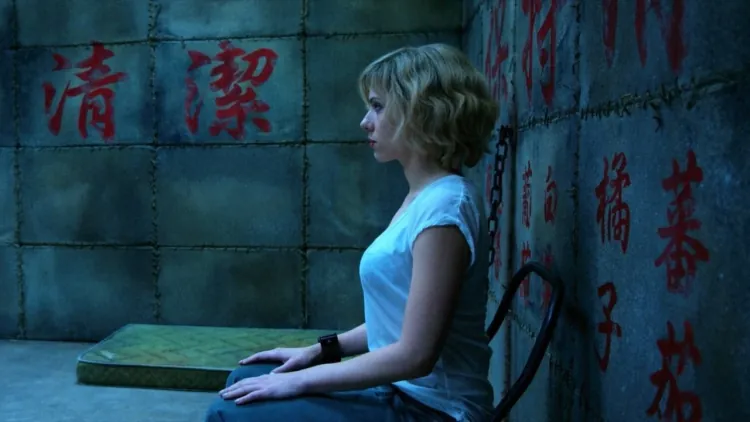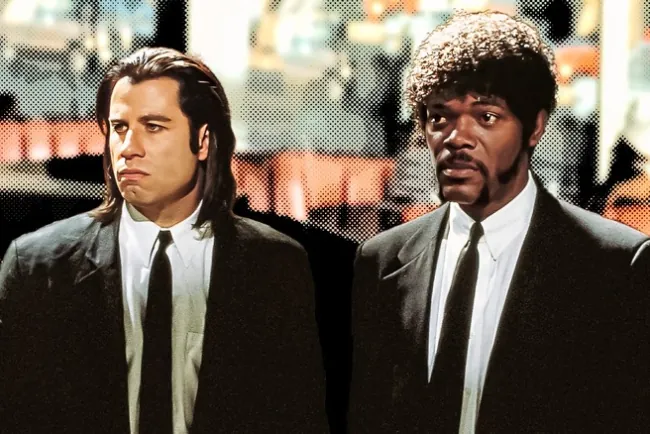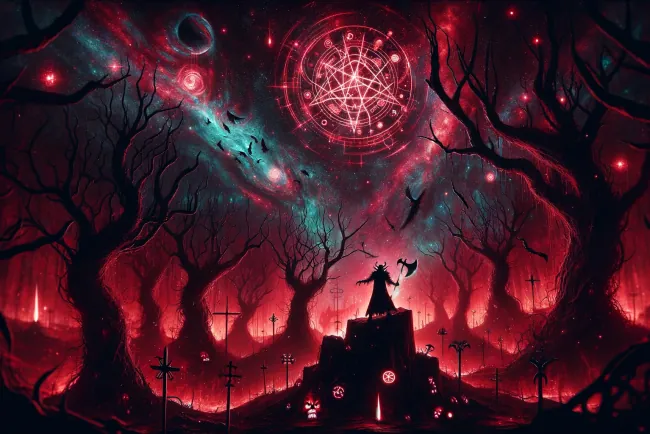Exploring the Mind's Limit: A Review of Lucy
The thrilling world of 'Lucy,' a science fiction movie directed by Luc Besson and starring Scarlett Johansson. Explore the film's exploration of what happens when a human accesses the full potential of their brain

"Lucy": Unleashing the Full Potential of the Human Mind
"Lucy," directed by Luc Besson and released in 2014, is a science fiction thriller that explores the consequences of unlocking the full potential of the human brain. Starring Scarlett Johansson as the titular character, the film blends action, science fiction, and philosophical inquiry into a narrative that is both engaging and thought-provoking. This article delves into the film's premise, its thematic explorations, and the mixed reactions it garnered from audiences and critics alike.
Plot Synopsis
"Lucy" revolves around a young woman, Lucy, who inadvertently gets caught in a dark deal but turns the tables on her captors when she absorbs a drug into her bloodstream that allows her to use an increasingly large percentage of her cerebral capacity. As the drug expands her brain function, Lucy develops supernatural abilities including telekinesis, pain insensitivity, and the ability to absorb information instantaneously.
The story tracks her transformation as she evolves beyond human logic and physicality, seeking help from Professor Norman, played by Morgan Freeman, a well-known researcher on the human brain's potential. Together, they delve into the possibilities and dangers of accessing untapped mental powers.
Themes and Reflections
At its core, "Lucy" is a film about evolution and the potential of the human mind. It poses significant questions about intelligence, consciousness, and the limits of human achievement. As Lucy's brain capacity increases, the movie raises philosophical questions about the nature of existence and what it means to be human.
Luc Besson uses Lucy's transformation as a metaphor for human potential, exploring both the positive aspects of enhanced cognitive abilities and the isolating, dehumanizing risks associated with them. The film suggests that with great power comes not only great responsibility but also significant alienation.
Visual and Special Effects
"Lucy" is notable for its impressive visual effects, which are used to illustrate Lucy's abilities and her perception of the world as her brain capacity increases. The effects are integral in conveying the abstract concepts the film tackles, such as visualizing telekinesis or the passage of time. These elements are crafted to give the audience a glimpse into what it might look like to transcend normal human abilities.
Critical Reception
The reception of "Lucy" was mixed. While some praised the film for its original concept and Johansson's performance, others criticized it for a lack of scientific accuracy and a script that sometimes dipped into pseudoscience. Critics were divided on whether the film's exploration of human potential was thought-provoking or underdeveloped.
Despite these criticisms, "Lucy" performed well at the box office, proving that audiences were intrigued by the film's premise and the questions it posed about human capacity and the future of evolution.
Conclusion
"Lucy" stands out as a distinctive entry in the sci-fi genre, driven by a strong performance from Scarlett Johansson and a compelling if controversial, premise. Luc Besson's film is an ambitious exploration of what might happen if humans could access and control more of their cerebral capacity. Whether viewed as a straightforward action film or a deeper philosophical exploration, "Lucy" challenges viewers to consider the boundaries of human potential and the ethical implications of transcending those boundaries.
What's Your Reaction?






















